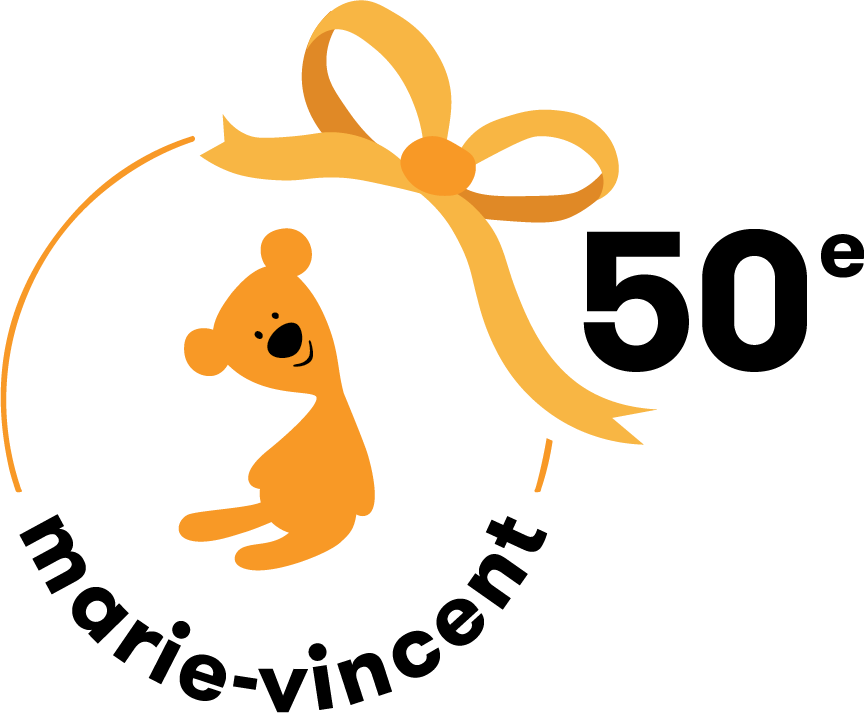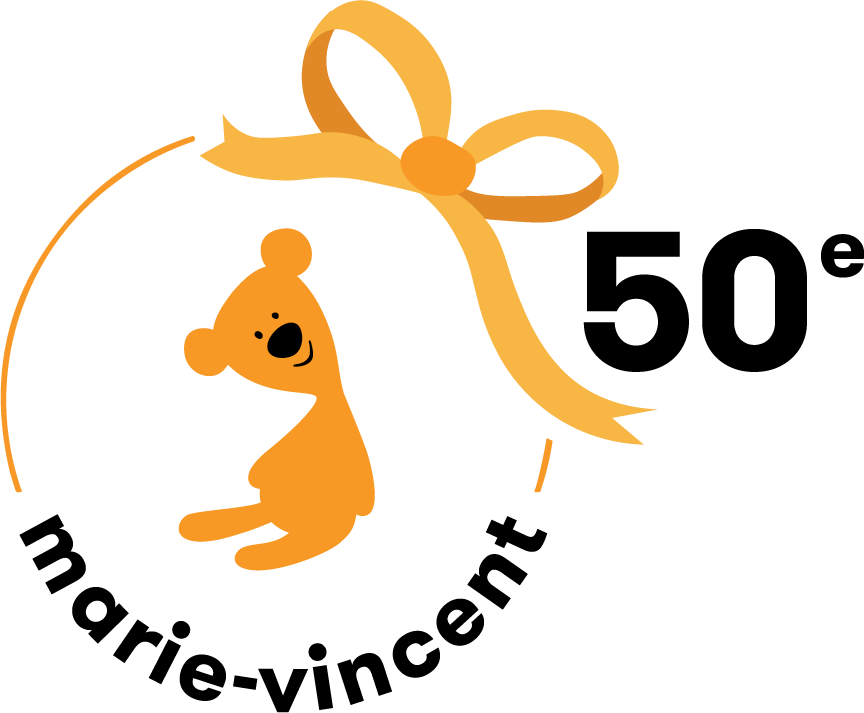The Chaire interuniversitaire Marie-Vincent has evaluated the first year of the rollout of the Lantern Program, which aims to prevent sexual violence against young children from birth to age five. The results are conclusive. The program is well reviewed both by educators in daycare settings and by children themselves.
The training
The training provided to educators helped them acquire new knowledge, change their beliefs and improve their perception that they can carry out certain actions in relation to sex education, sexual violence prevention and the promotion of egalitarian relationships.
Knowledge
Analyses showed that the people who took part in the Lantern Program acquired new knowledge about promoting egalitarian relationships and preventing sexual violence against young children. Their level of knowledge on the topic significantly increased.
Beliefs
Following the training, participants’ beliefs were more favourable in regard to preventing sexual violence, providing sex education and promoting egalitarian relationships to young children.
As well, participants were in greater agreement with the fact:
- that early childhood educators have a role to play in children’s sex education and in promoting egalitarian relationships;
- that these are good ways to prevent sexual violence;
- that children from birth to age five are not too young to hear people speak about sexuality;
- that it’s better to answer their questions about this topic;
- that it’s important to teach young children that boys and girls have a right to the same opportunities;
- that they naturally feel the same emotions;
- that girls are not gentler and boys are not more assertive or energetic.
The feeling of self-efficacy
Participation in the Lantern Program training gave participants the opportunity to improve their sense of self-efficacy, meaning their perception that they can carry out certain actions related to sex education, sexual violence prevention and the promotion of egalitarian relationships.
Participants feel better equipped to provide sex education to young children, for instance by answering their questions using accurate words to discuss private parts. They also feel more able to promote egalitarian relationships, among others by reframing things for children when they convey stereotyped ideas and by underscoring to girls and boys that they have more similarities than differences.
Lastly, the people who attended the trainings believe that they’re better able to prevent sexual violence or take action when they encounter it, for example by intervening with a child they suspect may be experiencing sexual violence and reporting the situation to the Director of Youth Protection (DYP).
The tools
Early childhood educators said that young children enjoyed the tools and asked for more.
The Marvin puppet is particularly popular. Since it’s used in facilitating the activities, the children feel like the puppet is leading them rather than the educator. As well, some children speak directly to Marvin when they have reactions or questions.
The young children like the You As Me picture book because the photos represent activities they do too.
The children like the Milo’s Boundaries and Marvin Disappeared books because they recognize their lives in the stories. For example, some children mention that they too like to play alone sometimes, like Milo. The children like the stories, but also the discussions that follow the readings: they enjoy thinking about how the character felt in the situation, and they like talking about the days when they, too, want to play alone, and what they do on such days.
As for the game, the children were impatient with the idea of using it, and they played with it as though it were a purely fun toy.
The tools are available in our website’s Prevention section.



The program’s impacts on professional practice
The educators are already observing changes in their practice in relation to sex education and the promotion of egalitarian relationships.
A number of people are now encouraging children to play with all the toys rather than targeting some for boys and others for girls. As well, a number of participants now pay particular attention to the compliments they give children: they’re dropping comments that focus on girls’ physical appearance as well as those that focus on boys’ strength.
As well, a several people say they are more aware of the word choices they use with children, for instance by using accurate words when speaking about private parts. Some participants say that children’s privacy is better respected, for example by letting them go to the bathroom alone. As well, hugs and kisses from the children are now voluntary and not imposed.
In short, the results show that the Lantern Program’s future is very promising!





